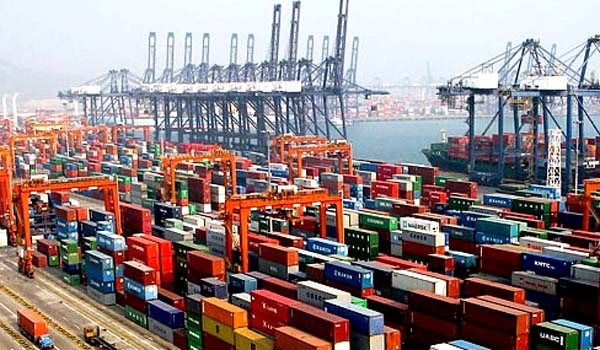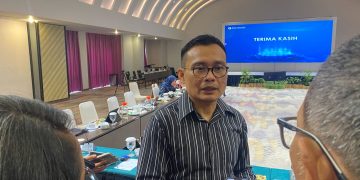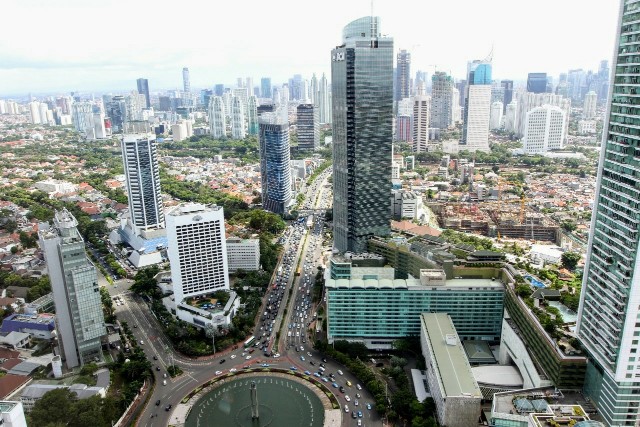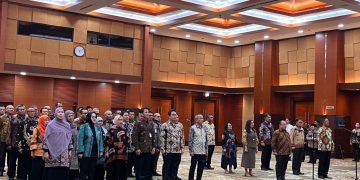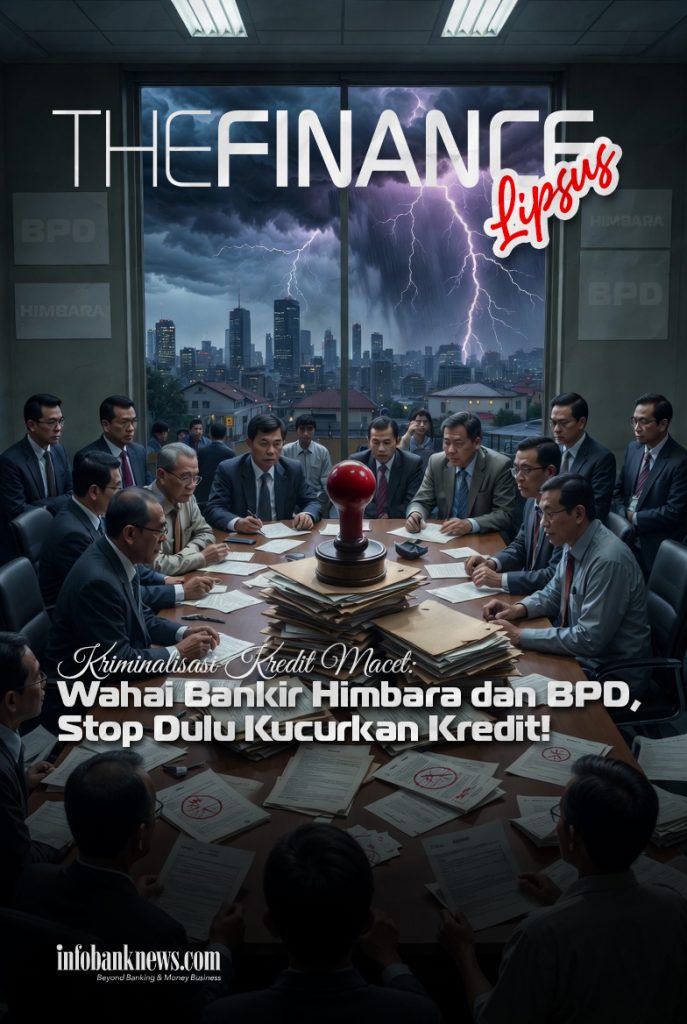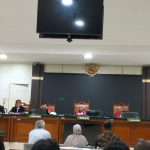Jakarta – The industrial, trade and investment sectors have a deep role as a catalyst in realizing a resilient and competitive national economy. On the other hand, industrial strengthening needs to be supported by consistent capital support through investment allocation.
It is known that the government has done a strengthening in the three fundamental sectors as evidenced by the achievement of a trade balance surplus of up to USD5.09 billion as of June 2022, with export value in the first semester of 2022 reaching USD141 billion. In addition, the investment value in the first quarter of 2022 realized more than 28% of investment commitments with the contribution of foreign investment amounting to USD10.22 billion and domestic investment of USD9.33 billion.
The strengthening of the industrial sector will have an impact on increasing the added value of production activity inputs, so as to be able to produce products that can meet national needs and maintain trade balance stability. Therefore, the government is committed to continuing the policy synergy of the three sectors.
“To face future global challenges, it is necessary to take a multilateral approach that does not limit export and import trade by following the rules of the World Trade Organization,” said Coordinating Minister for Economic Affairs, Airlangga Hartarto at The 7th Global Conference on Business Management and Entrepreneurship in Jakarta, 8 August 2022.
By carrying out a strategic position as the G20 Presidency, Indonesia seeks to bring the G20 to be able to pave the way for the WTO to remain relevant in discussing the trade and economic impacts of the global challenging situation that occurs, so as to be able to maintain supply chains, implement trade policy measures, and maintain availability and affordability of food prices.
In addition, in the industrial sector, the government is consistent in accelerating the downstreaming of commodities in order to increase the added value of raw materials, especially in manufacturing products which are maintained at an expansive level.
The government also implements commitments related to energy transition and considers the impact of industry on the environment based on the acceleration of clean energy through the implementation of more efficient investments and the use of technology to achieve sustainable industrial strengthening.
Coordinating Minister Airlangga also said that the various strengthening efforts carried out by the Government needed to be supported by contributions and collaborations of all parties from the Government, corporations, MSMEs, to academics in order to produce innovations that were able to answer various challenges in the future.
“Significant impacts cannot be achieved only with various policies, but must also be followed by the transformation of the Government, corporations, and MSMEs and even the community to be able to become a smart and digitally capable society,” he concluded. (*) Khoirifa


